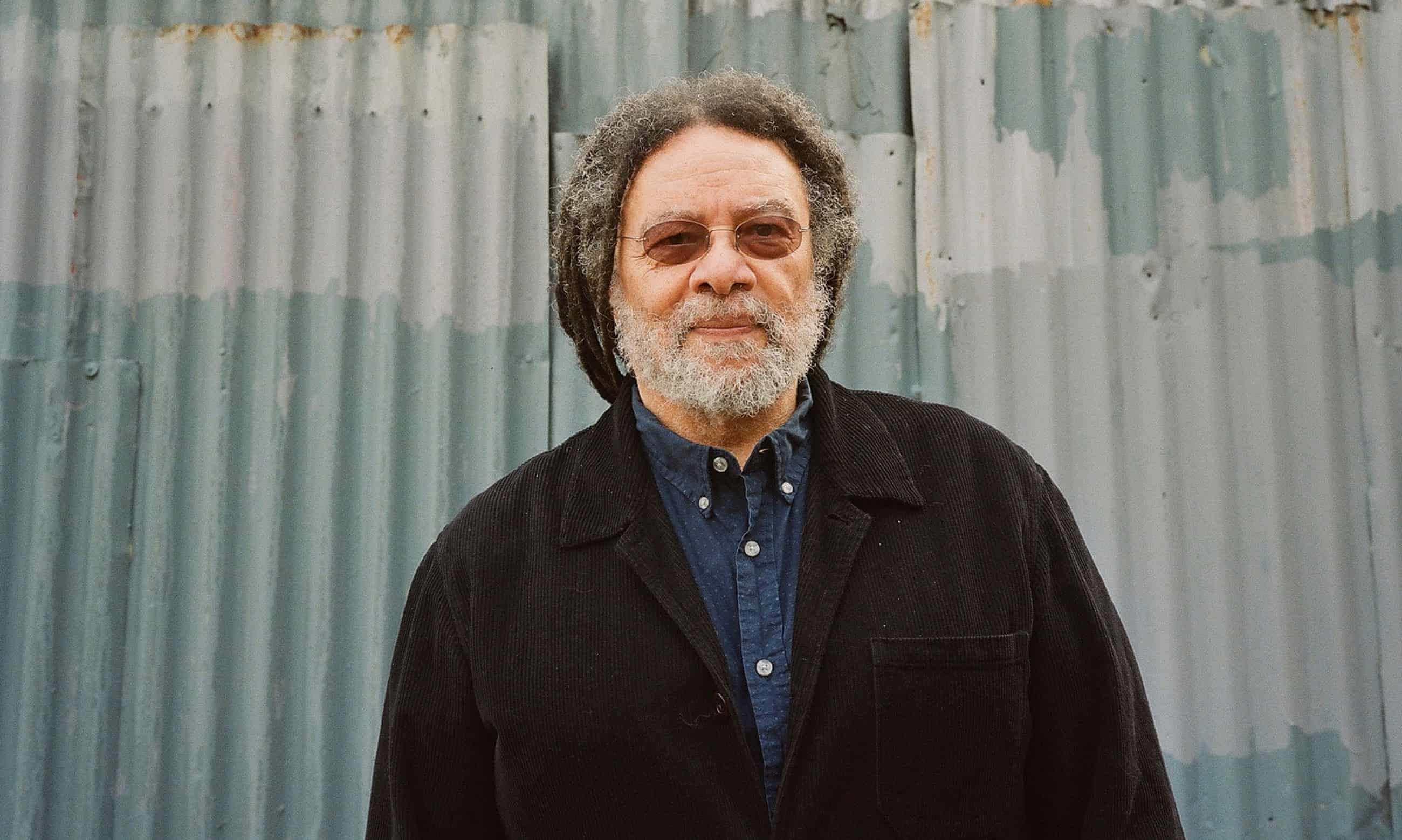The last humanist: how Paul Gilroy became the most vital guide to our age of crisis
The Guardian
2021-08-05
Yohann Koshy, Assistant Opinion Editor
 Prof Paul Gilroy near his home in north London. Photograph: Eddie Otchere/The Guardian |
One of Britain’s most influential scholars has spent a lifetime trying to convince people to take race and racism seriously. Are we finally ready to listen?
In 2000, the race equality thinktank the Runnymede Trust published a report about the “future of multi-ethnic Britain”. Launched by the Labour home secretary Jack Straw, it proposed ways to counter racial discrimination and rethink British identity. The report was nuanced and scholarly, the result of two years’ deliberation. It was honest about Britain’s racial inequalities and the legacy of empire, but also offered hope. It made the case for formally declaring the UK a multicultural society.
The newspapers tore it to pieces. The Daily Telegraph ran a front-page article: “Straw wants to rewrite our history: ‘British’ is a racist word, says report.” The Sun and the Daily Mail joined in. The line was clear – a clique of leftwing academics, in cahoots with the government, wanted to make ordinary people feel ashamed of their country. In the Telegraph, Boris Johnson, then editor of the Spectator magazine, wrote that the report represented “a war over culture, which our side could lose”. Spooked by the intensity of the reaction, Straw distanced himself from any further debate about Britishness, recommending in his speech at the report’s launch that the left swallow some patriotic tonic.
The Parekh report, as it was known – its chair was the political theorist Lord Bhikhu Parekh – was not a radical document. It was studiously considerate. Contrary to the Telegraph front page, it didn’t claim “British” was a racist word. It said that “Britishness, as much as Englishness, has … largely unspoken, racial connotations”. This was the sentence that launched a thousand tirades, but where did this idea come from? Follow the footnote in the offending paragraph and you arrive at the work of an academic called Paul Gilroy…
Read the entire article here.